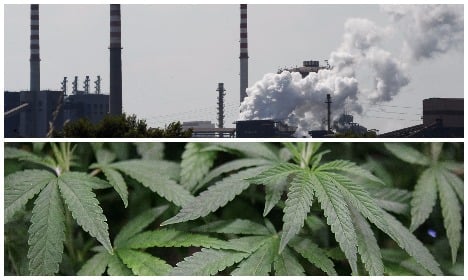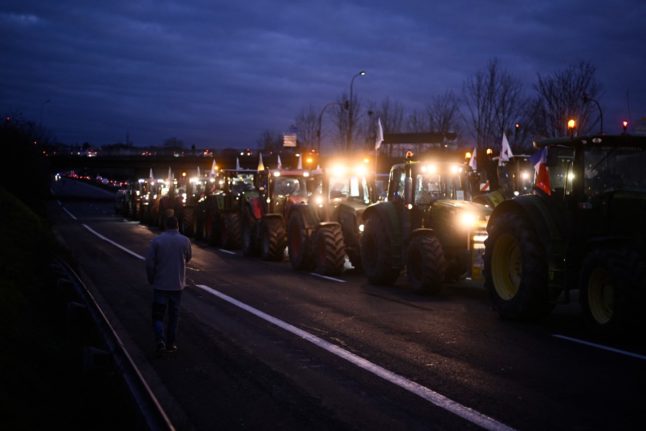The 15 million square metre Ilva steel plant provides some 14,000 local jobs but the plant has wreaked untold damage on the region by spewing toxic emissions into the air for decades
The emissions have caused severe problems for farmers within a 20km radius of the steel plant who can no longer farm their land. The problem is dioxins: a series of carcinogenic compounds which are released into the atmosphere by heavy industries and then fall to earth, building up in soil.
Things became so bad in 2008 that Puglia's regional government ordered local farmers Vicenzo and Vittorio Fornaro to cull their flock of 600 sheep as sky-high dioxin levels in the grass had left the animals unsafe for human consumption.
“It was the worst day of my life,” Vincenzo, who has just planted his second cannabis crop, told La Stampa,
“We had to decide whether to stay and fight, or head to pastures new.”
The cannabis revolutions started in 2011 with the creation of CanaPuglia, an association seeking to help pollution-hit farms facing ruin turn things around by planting bumper crops of the five-leaf plant.
“Cannabis roots are capable of cleaning the polluted soils by absorbing all manner of pollutants, from radioactive compounds to heavy metals and dioxins,” CanaPuglia president Claudio Natale told The Local.
The extraordinary ability of the plant to not only survive in pollution-hit soils, but also to clean them, was discovered in the early 1990s by agriculturalists carrying out experiments in the radioactive earth around Chernobyl, Ukraine.
“The plant is very effective at reducing dioxin levels and as a result there are now around 100 farmers living around the Ilva plant who are experimenting with the crop,” Natale explained.
“More and more hectares are being planted each year.”
Farmers are growing a legal variety of the Cannabis Sativa plant which contains extremely low-levels of the psychoactive compound THC.
While this makes the plants useless for recreational smoking, they still have plenty of more interesting uses such as producing hemp fibres, bio-fules, animal feed and insulation.
Should cannabis production in Taranto take off, the area could become a hub for all things hemp in Italy.
Local building company, Vilbrotek, is already experimenting making materials from hemp, while one of two hemp processing plants in Italy is in Taranto.
“It's likely to be a long road to recovery,” said Natale. “Cannabis crops have a very low value and our farmers can't survive on this alone.”
In 2012, the Ilva plant was seized by Italian magistrates who accused its – the Riva family – of crimes against public safety.
Since then, both the factory and the Italian government have been accused by the European Court of Human Rights of causing thousands of deaths by flouting rules on emissions and pollution.
It could be years until anyone is condemned but crops are growing once more in the fields around Taranto.
“My mother died of a tumour and I had to have a kidney removed,” said Vincenzo, “But now the winds have changed and we are taking back our land.”



 Please whitelist us to continue reading.
Please whitelist us to continue reading.
Member comments